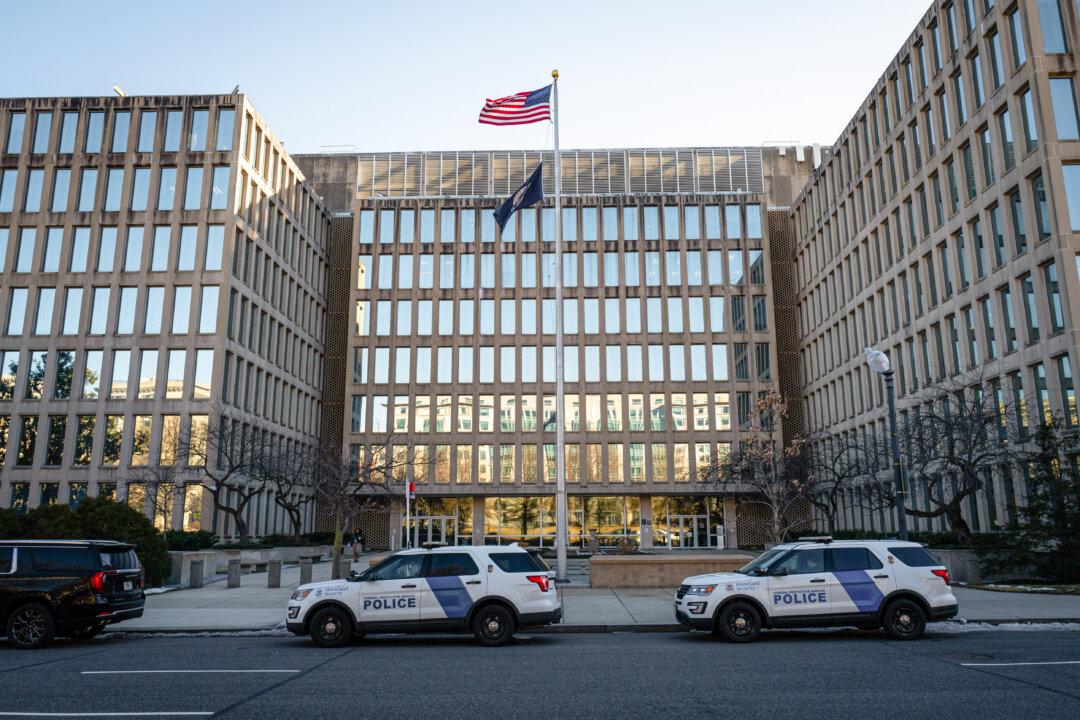The U.S. Senate is now one step closer to passing the Federal Aviation Administration (FAA) five-year reauthorization bill before the May 10 deadline.
Senators voted 84–13 on May 9 to invoke cloture, which limits the timeline for debate over amendments and moves the Senate closer to passing the 1,068-page aviation bill.





